Political History and Administration (C. AD 750–1300)
It is important to reassess, formulate and develop India's civilizational and cultural imperatives in an increasingly globalised world. The nation’s perception of its ancient history plays a major role in this. The present series on the history of ancient India was conceived with this in mind. The aim is to put forward a nationalistic, factual and objective history of the ancient Indian past in eleven volumes. The cobwebs of certain ideas that we have lived with in the past are critically examined and in many cases found wanting and discarded.
The present volume, i.e. volume V, deals with the regional developments which have the added dimension of large-scale regional interactions. Each of the regional polities was strong on their own and shows awareness of areas far beyond the usual areas of their interaction.
From this point of view, the powers which grew up in the Ganga plains, central India, the northwestern part of India-Afghanistan, east India, the Deccan and the south give the political and administrative history of the land an aura of pan-Indian significance. The different stages through which Islam acquired power in India have been clearly outlined in this volume.
Get it now and save 10%
BECOME A MEMBER
-
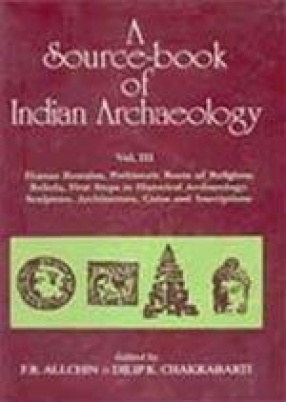
A Source-book of Indian Archaeology (Volume III)
-

Indus Civilization Sites in India: New Discoveries
-
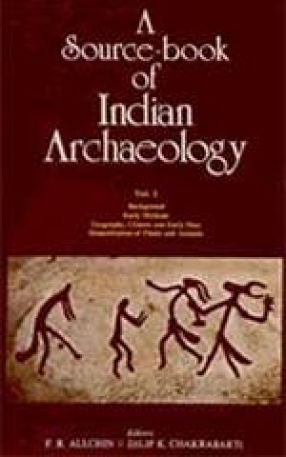
A Source-book of Indian Archaeology (Volume I)
-
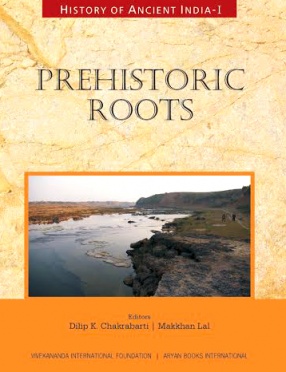
Prehistoric Roots
-
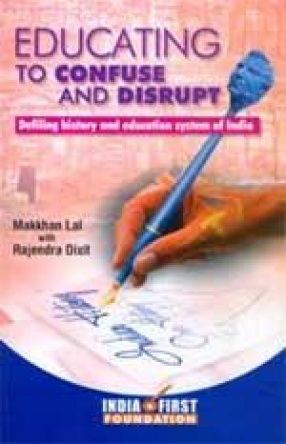
Educating to Confuse and Disrupt
-
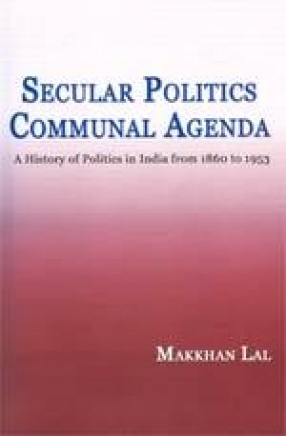
Secular Politics Communal Agenda: A History of Politics in India from 1860 to 1953
-
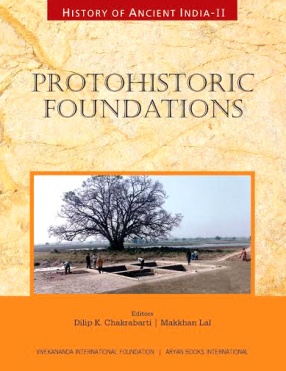
Protohistoric Foundations

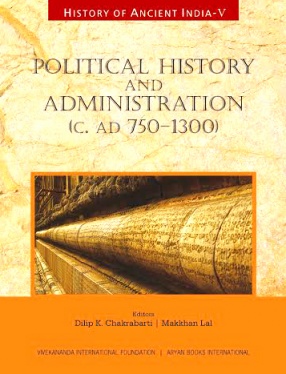
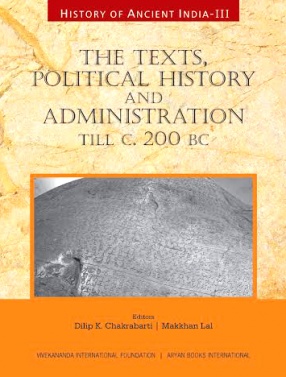
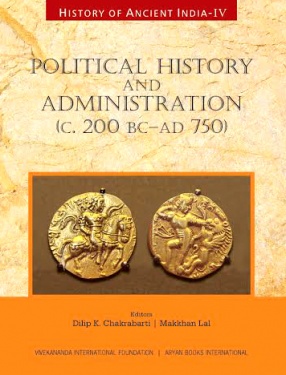

Bibliographic information
Makkhan Lal